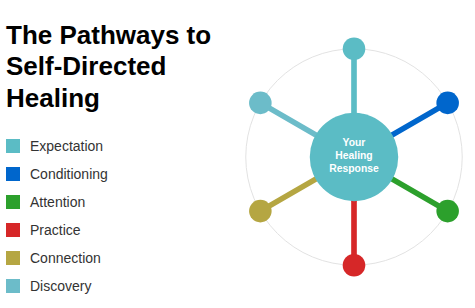Cognitive concerns are common as people age, but a diagnosis of mild cognitive impairment does not mean decline is inevitable. Research suggests that up to 30% of MCI cases have potentially reversible contributors. When these factors are identified and addressed, cognition can stabilize or improve.
The financial and personal costs of undiagnosed treatable conditions are significant. Delayed identification means missed opportunities for intervention, unnecessary disability, and billions spent on care that could have been avoided.
If you or someone you care about is experiencing cognitive changes, the first step is not to assume the worst. The first step is to find out what is causing the symptoms.
Medication Effects
Many commonly prescribed medications can impair memory, attention, and thinking. Anticholinergic drugs, sedatives, and certain blood pressure medications are known contributors. A study found that older adults taking anticholinergic medications had a 50% higher risk of cognitive impairment compared to those not taking them (Gray et al., 2015). A thorough medication review can identify drugs that may be affecting cognition.
Sleep Disorders
Sleep apnea affects an estimated 30-50% of older adults and is associated with significant cognitive impairment. Research has shown that treating sleep apnea can lead to measurable improvements in memory and executive function (Osorio et al., 2015). Many people with sleep disorders are undiagnosed.
Thyroid Dysfunction
Both hypothyroidism and hyperthyroidism can cause cognitive symptoms that mimic dementia. Thyroid disorders are common in older adults and easily identified through blood testing. Treatment often leads to cognitive improvement (Samuels, 2014).
Nutritional Deficiencies
Vitamin B12 deficiency affects up to 20% of adults over 60 and can cause memory problems, confusion, and mood changes. Folate and vitamin D deficiencies have also been linked to cognitive impairment. These deficiencies are treatable with supplementation (Moore et al., 2012).
Depression
Depression in older adults frequently presents with cognitive symptoms, sometimes called pseudodementia. Studies suggest that 30-50% of older adults with depression show measurable cognitive impairment. When depression is treated, cognitive function often improves significantly (Butters et al., 2008).
Metabolic Conditions
Uncontrolled diabetes, kidney disease, and liver dysfunction can all affect cognition. Managing these conditions can stabilize or improve cognitive symptoms. Research has shown that better glycemic control is associated with slower cognitive decline in diabetic patients (Biessels et al., 2014).
Identifying these factors requires systematic assessment. Too often, cognitive concerns are dismissed as normal aging or assumed to be irreversible without adequate evaluation.
Research Details
Gray SL, Anderson ML, Dublin S, et al. Cumulative use of strong anticholinergics and incident dementia: a prospective cohort study. JAMA Internal Medicine. 2015;175(3):401-407.
Osorio RS, Gumb T, Pirraglia E, et al. Sleep-disordered breathing advances cognitive decline in the elderly. Neurology. 2015;84(19):1964-1971.
Samuels MH. Psychiatric and cognitive manifestations of hypothyroidism. Current Opinion in Endocrinology, Diabetes and Obesity. 2014;21(5):377-383.
Moore E, Mander A, Ames D, et al. Cognitive impairment and vitamin B12: a review. International Psychogeriatrics. 2012;24(4):541-556.
Butters MA, Whyte EM, Nebes RD, et al. The nature and determinants of neuropsychological functioning in late-life depression. Archives of General Psychiatry. 2008;61(6):587-595.
Biessels GJ, Strachan MW, Visseren FL, et al. Dementia and cognitive decline in type 2 diabetes and prediabetic stages: towards targeted interventions. Lancet Diabetes and Endocrinology. 2014;2(3):246-255.

